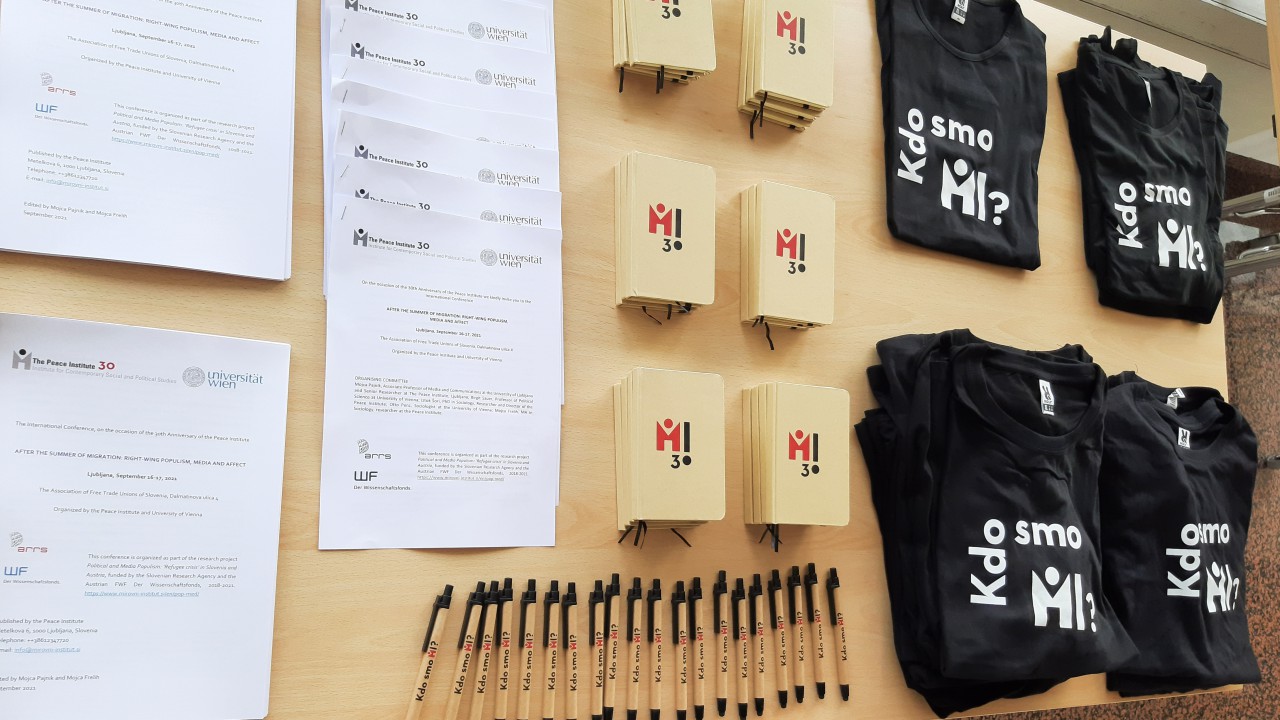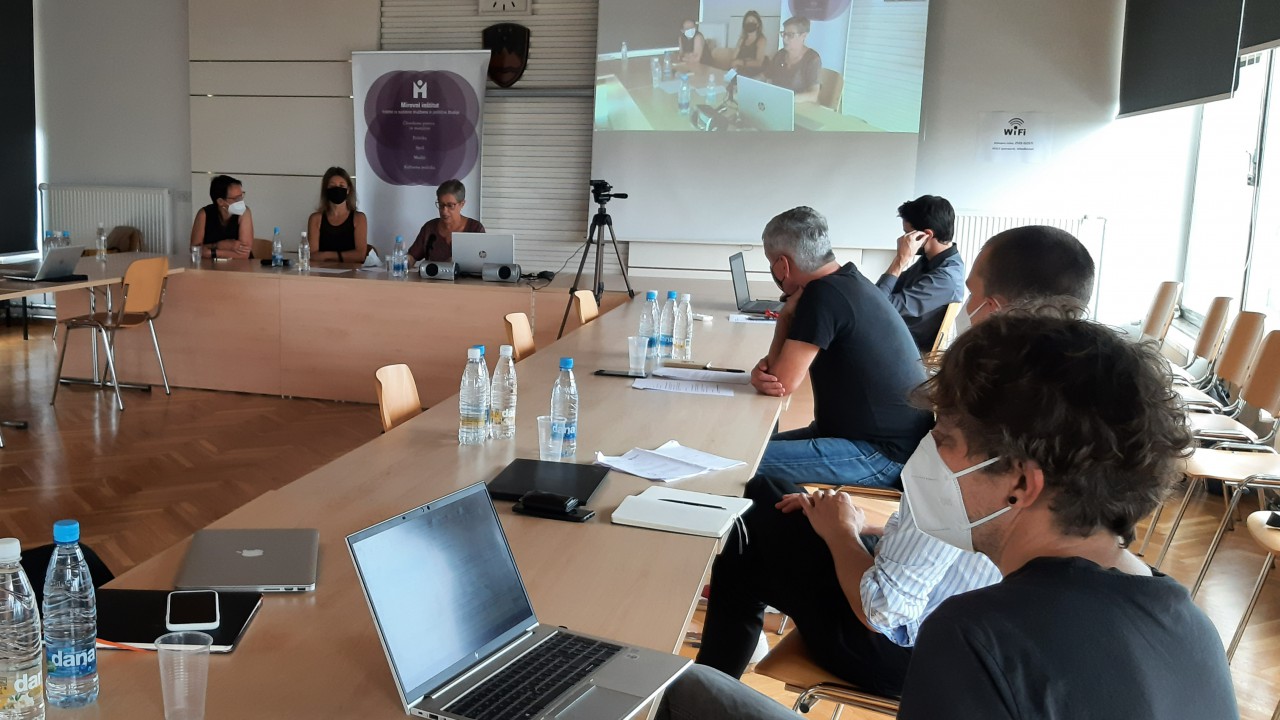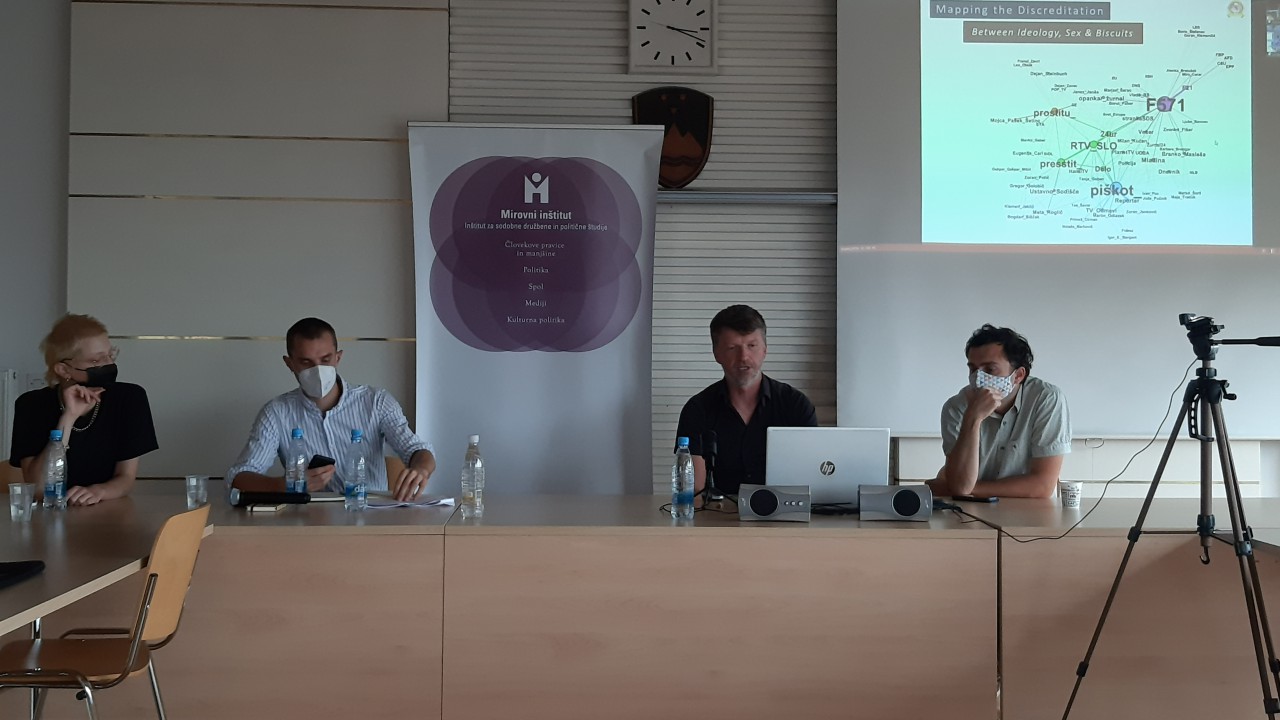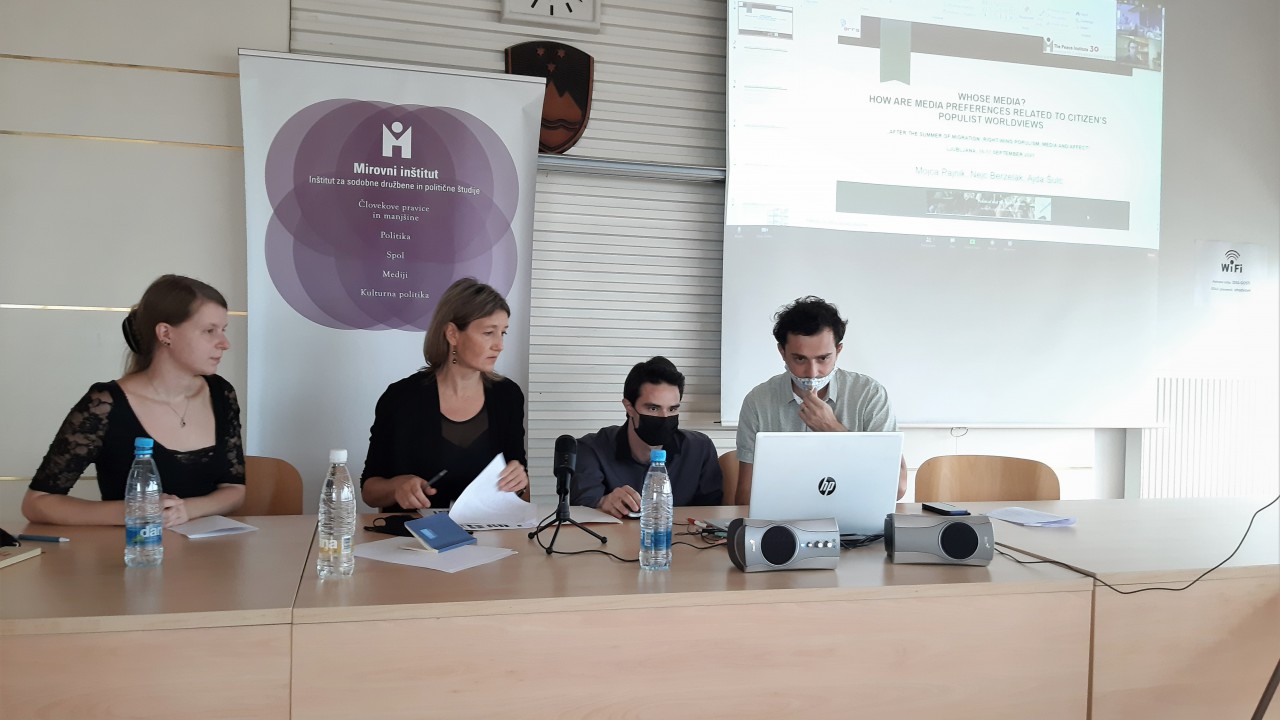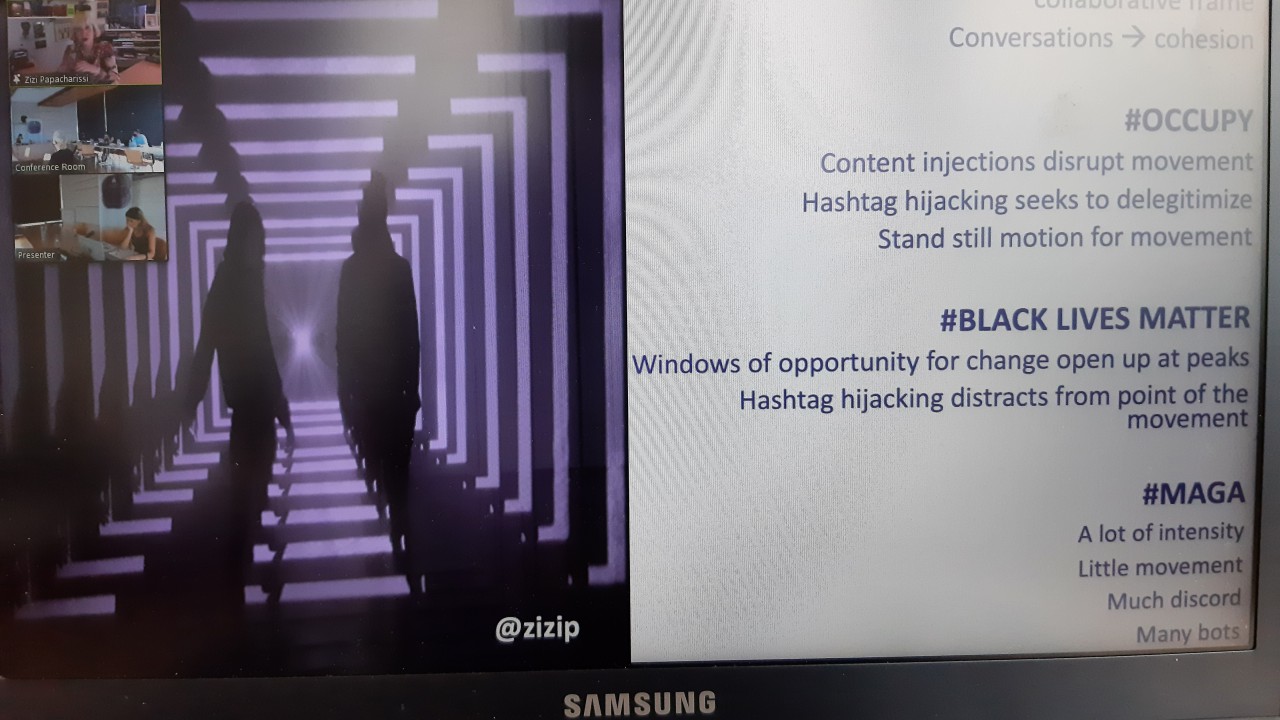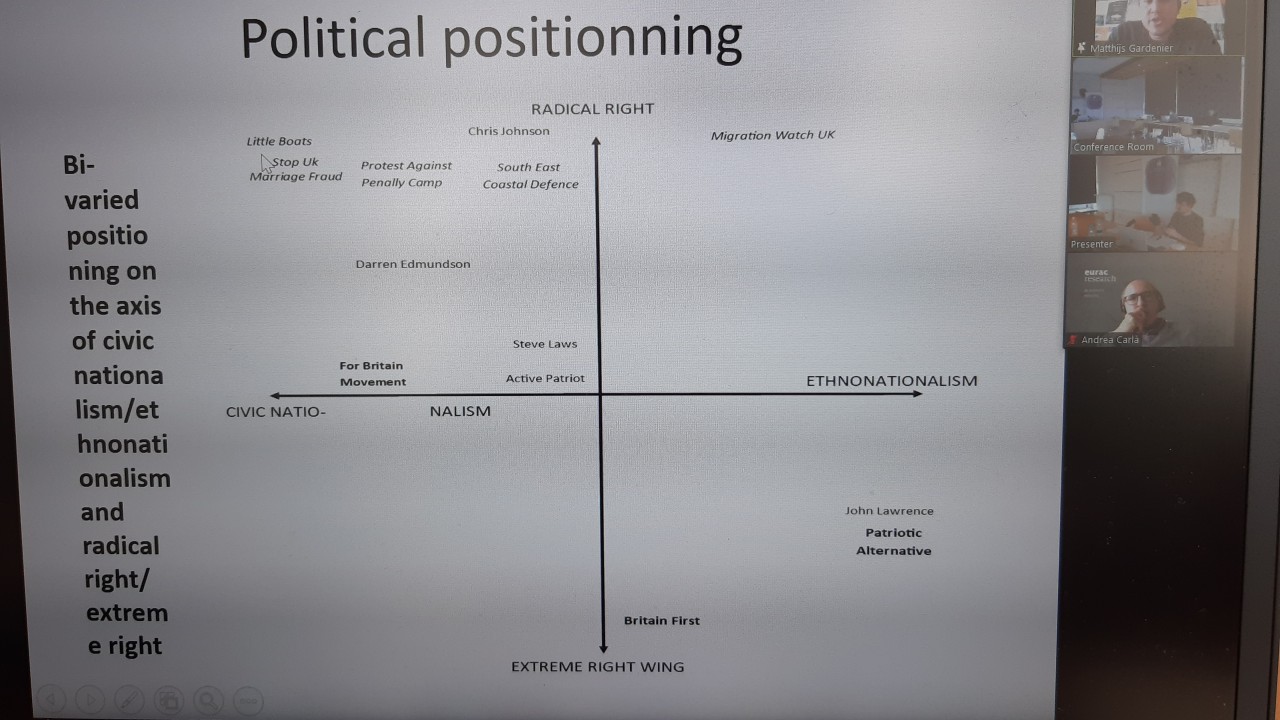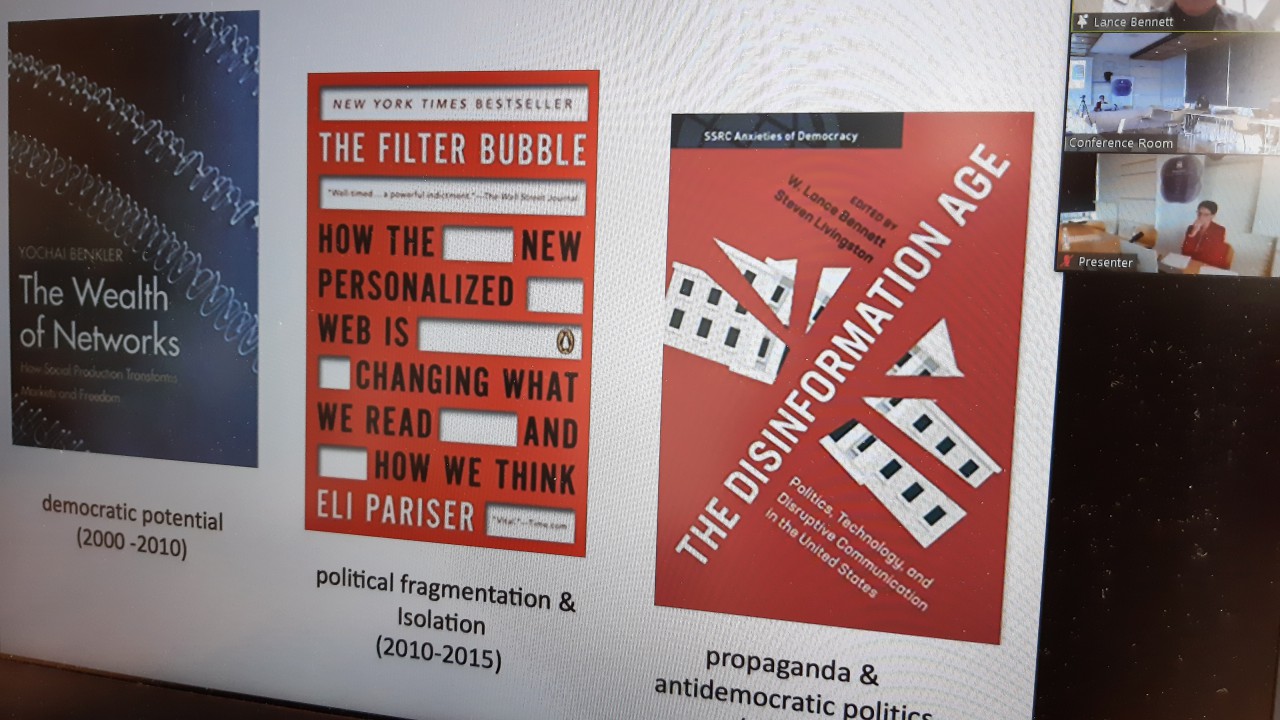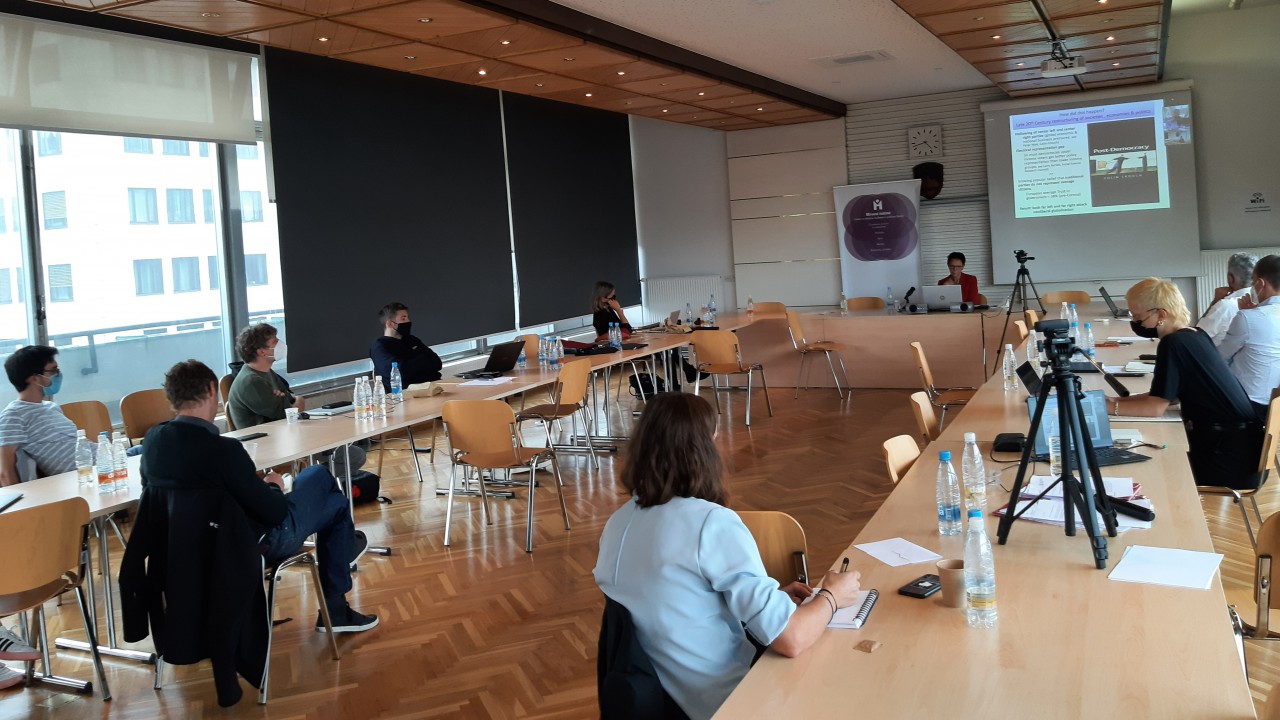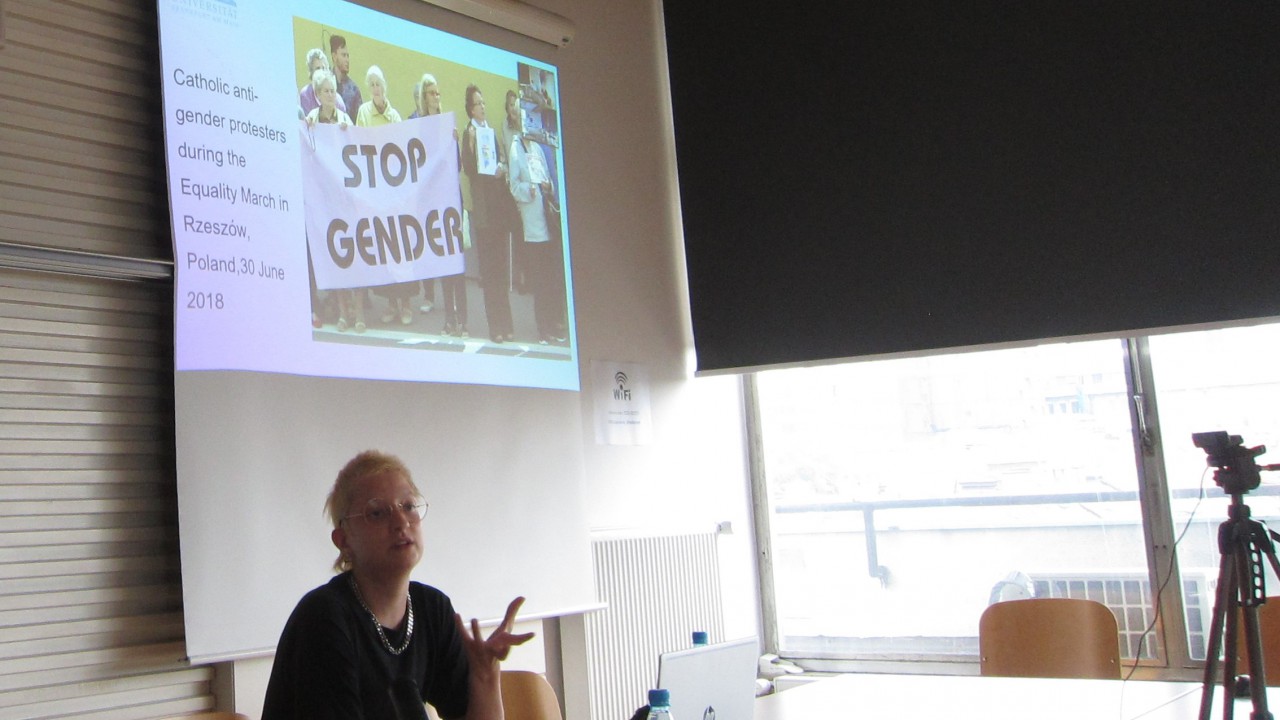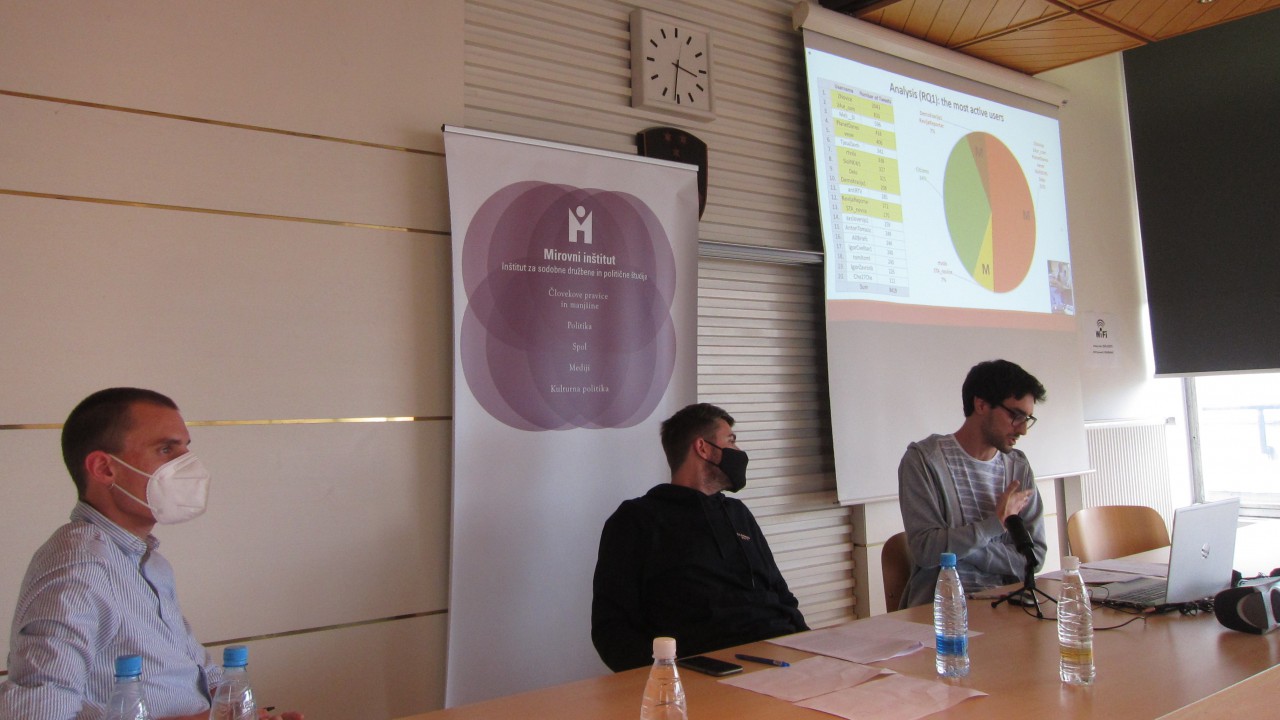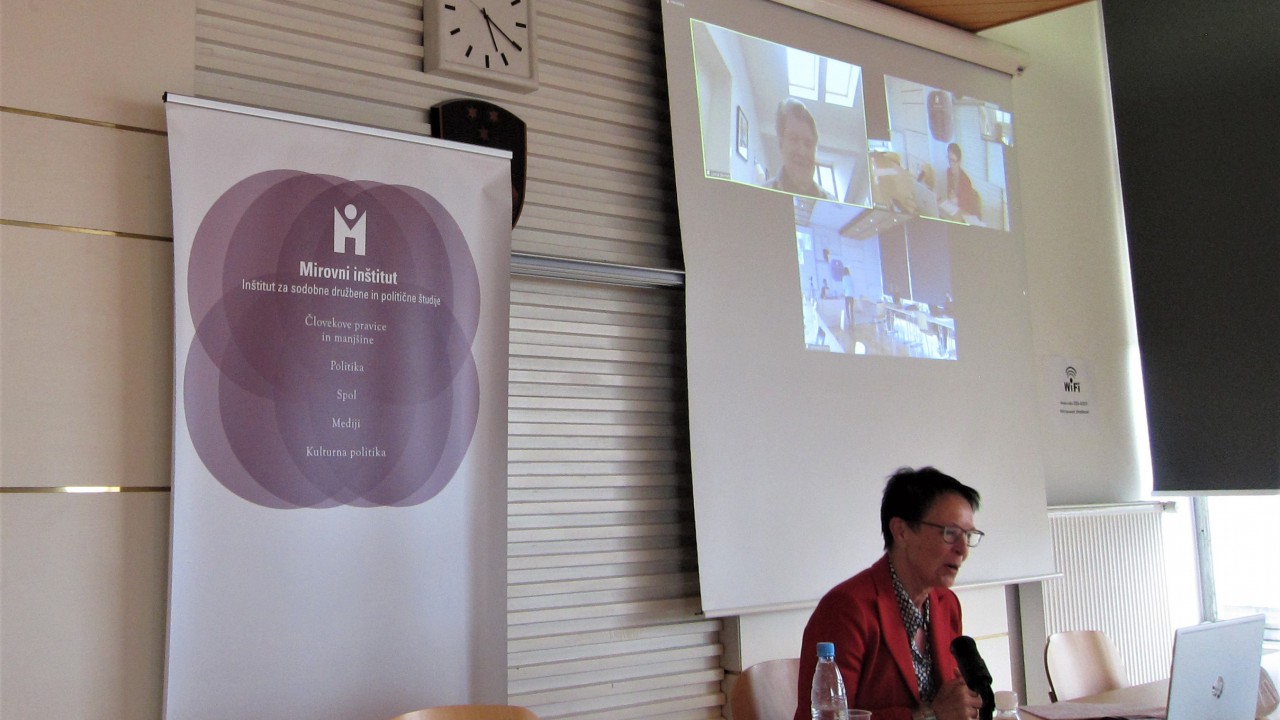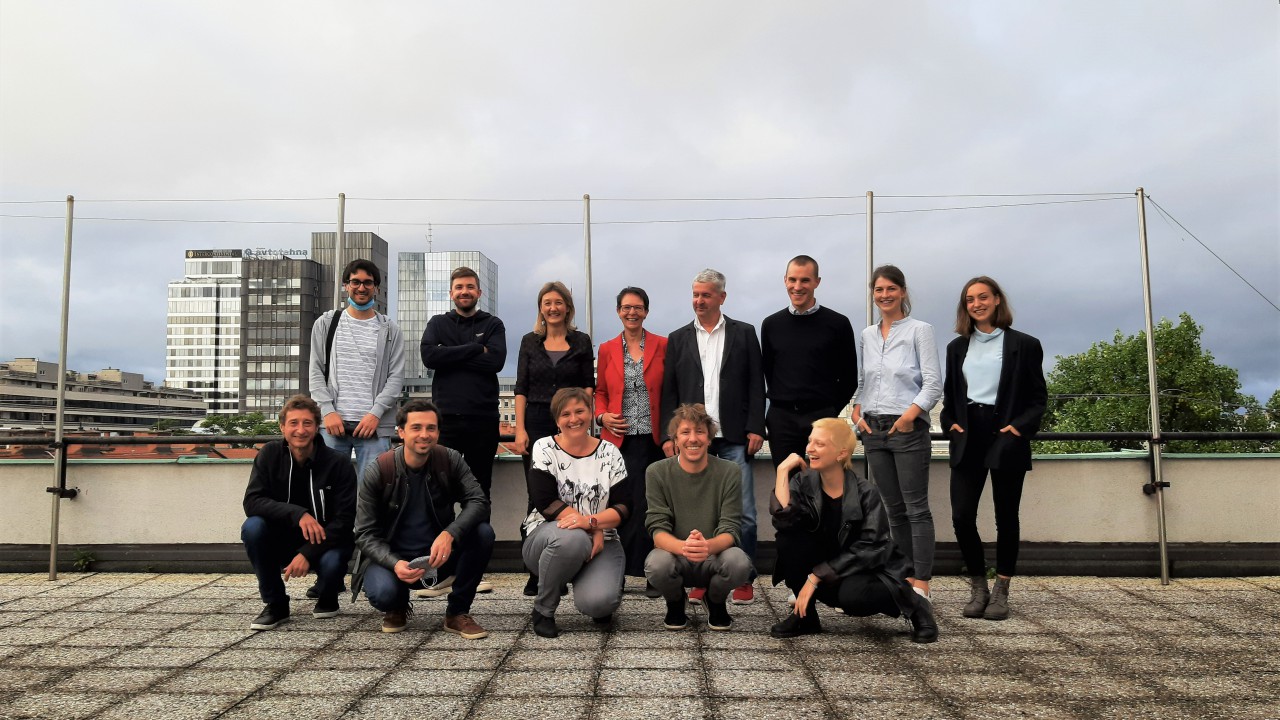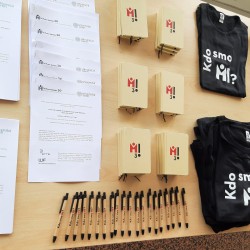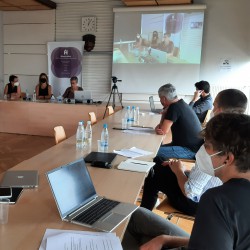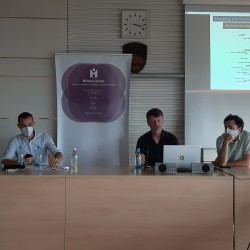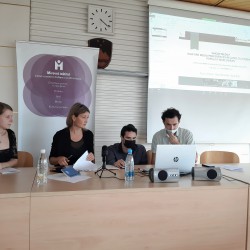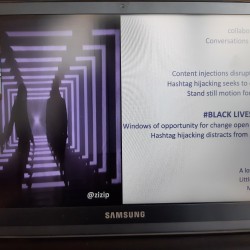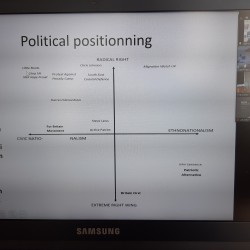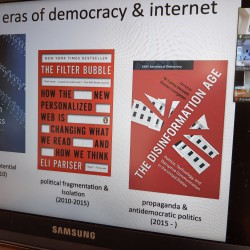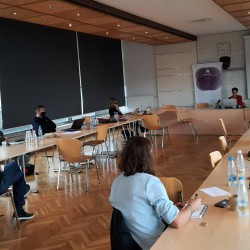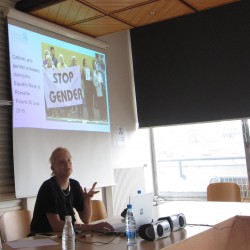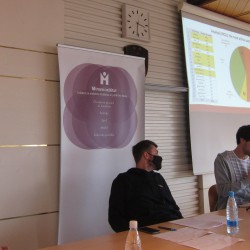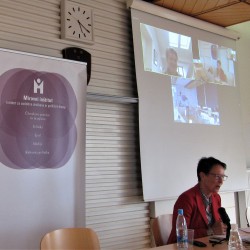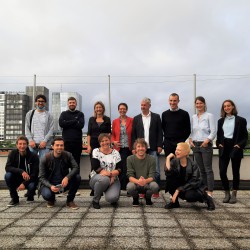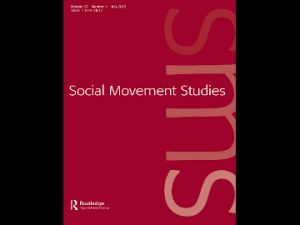International conference ‘After the summer of migration: right-wing populism, media and affect’
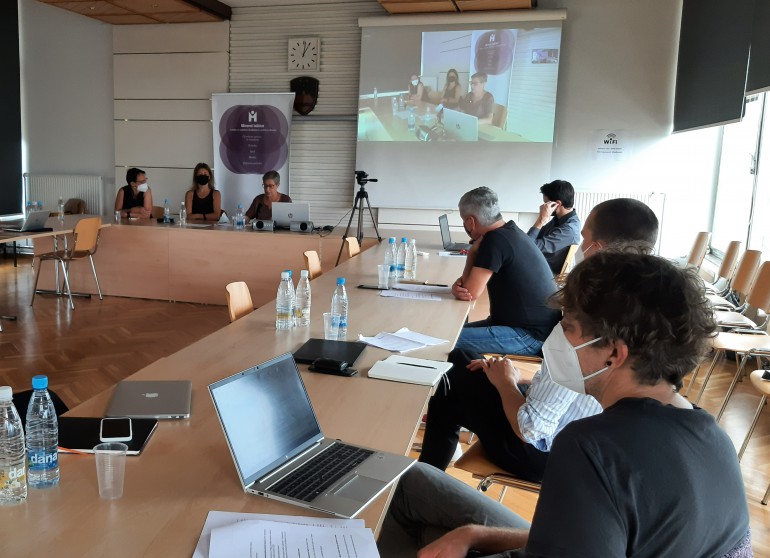
As part of the POPMED research we’ve organized an international conference ‘After the summer of migration: right-wing populism, media and affect’ that took place in Ljubljana, September 16-17. We discussed how populist political leaders use social media as new opportunity structures to incite hatred, and how personalized and substantively emptied political option creates politics of fear and addresses citizen’s emotions with discourse of security, turning fear of economic and social decline into anger against migrants. The focus of the discussion was also in understanding how affective populist discourse is channelled through mass media, how it shapes public opinion about migration, and how it mobilizes political and behavioural preferences.
Lance Bennett, Professor emeritus of Political Science and Communication, and Senior Research Fellow at the Center for Journalism, Media & Democracy at the University of Washington in Seattle delivered his keynote speech titled Disrupted Public Spheres and Media in Times of Authoritarian Populism providing a valuable closure of the International Conference titled After the summer of migration: right-wing populism, media and affect.
Professor Bennett first described how the era of past three decades should historically be perceived as an era of the rise of right-wing authoritarianism that challenges the institutional design of liberal democratic orders. His speech then put forward a set of tendencies that outlined the rise of a new political communication order on the political right and the formation of the right-wing (or illiberal) public spheres. He illustrated these tendencies presenting two studies of right-wing communication strategies, which break common rules of informative engagement while exponentially distributing disinformation toward the most extreme positions on race, migration and political systems.
First case study originated in American right-wing media which focused on the Pizzagate conspiracy, QAnon and 2021 Congress attack in USA, all issues amplified by president Donald Trump while the second case study illustrated how German AfD party mirrored the political anti-migrant campaign of right-wing Generation Identity group (using identical language and imagery) transforming it into an official political party campaign which was efficiently mainstreamed in German media.
Professor Bennett concluded his speech by outlining the most important tasks academics, journalists and citizens face when navigating dilemmas of networked public spheres and the democratic decline: mainly to understand, contextualize and develop new normative perspectives on the increasing role of deregulated, unaccountable and secretive social media conglomerates in times of fragmenting and disconnecting of the political left from party and electorate processes on one hand and the increasingly collective nationalist, transnationally organised and integrated political right on the other.

